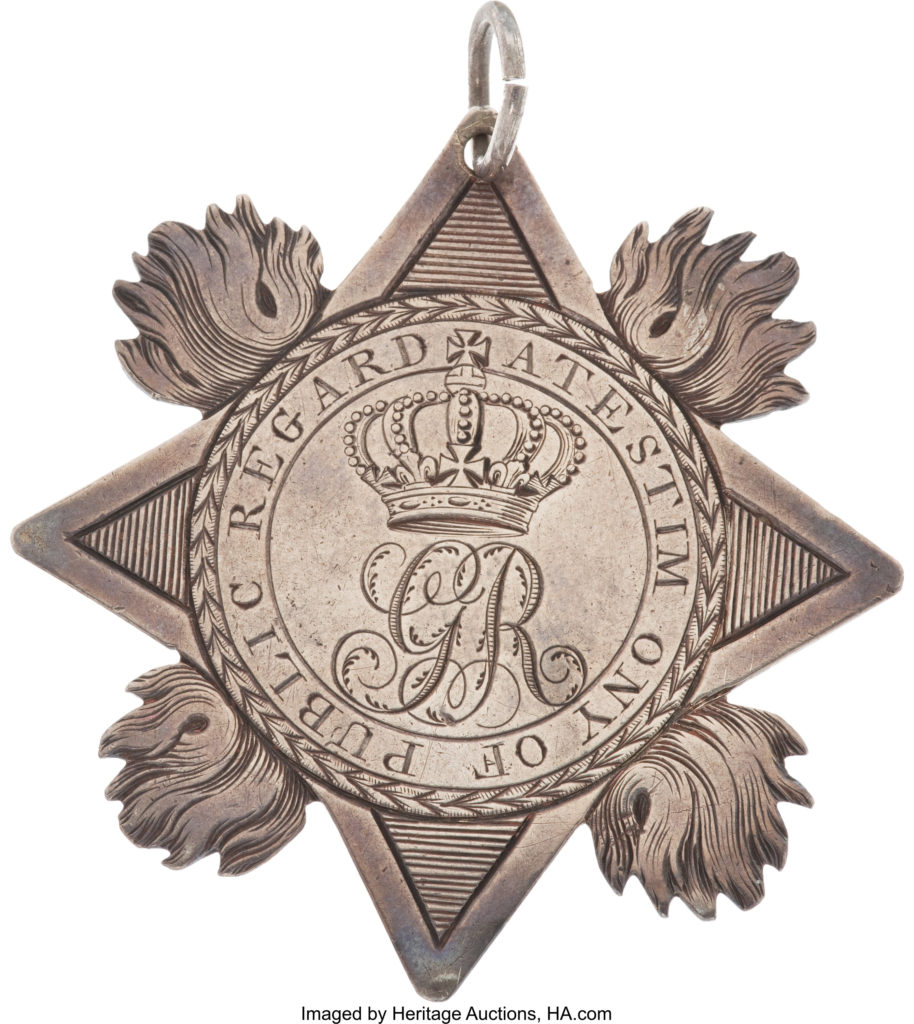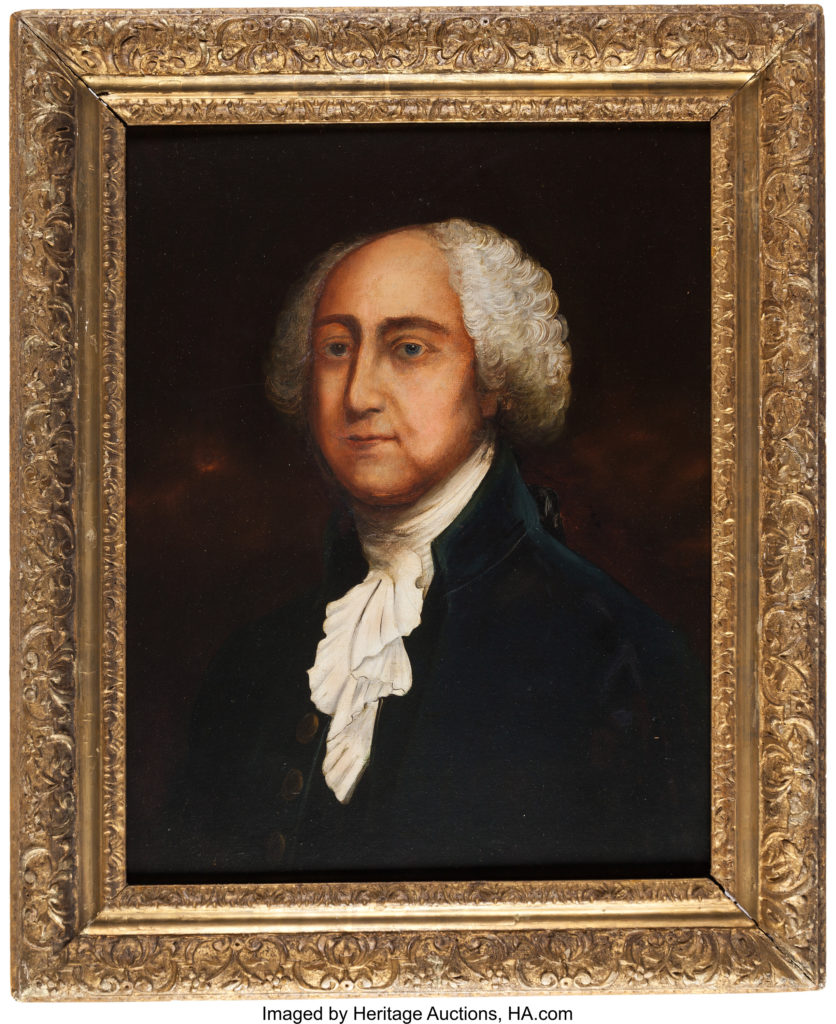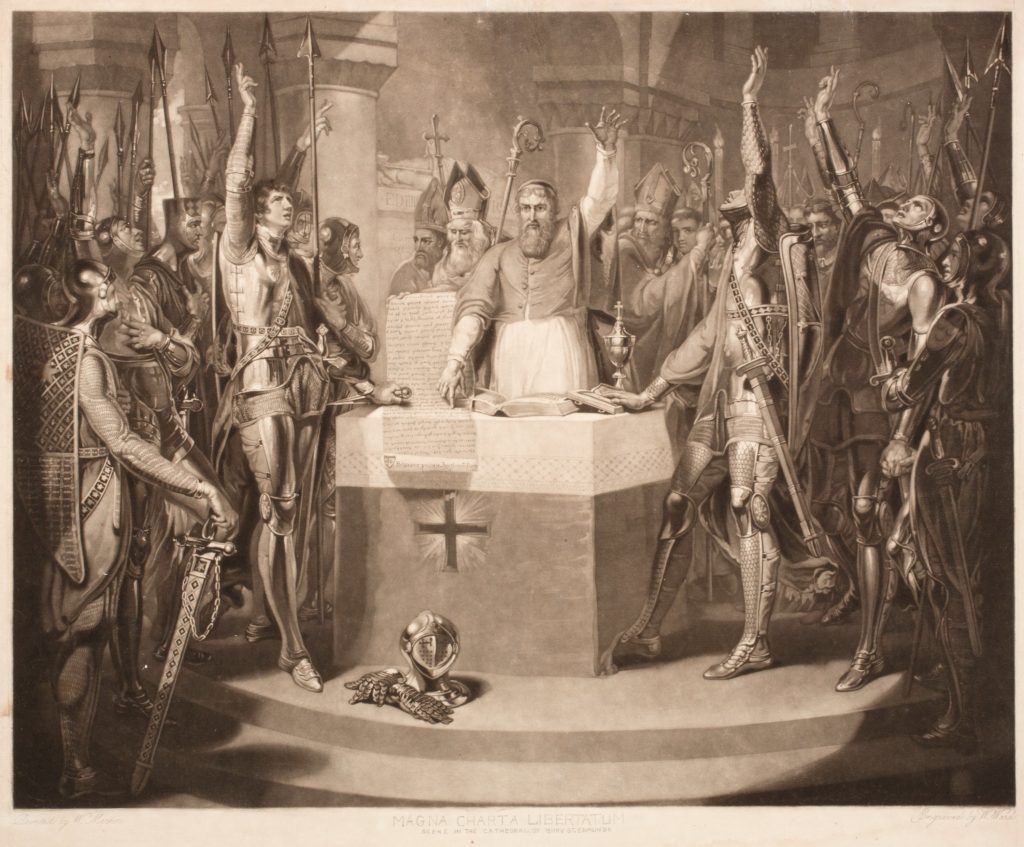
By Jim O’Neal
It is fascinating to watch the mass demonstrations in Hong Kong and speculate how the central government in Beijing will quell the unrest. It could end up badly if President Xi Jinping decides to ensure there is no uncertainty over the ultimate authority that still rests comfortably on the mainland … and resorts to force.
Hong Kong (Island) became a colony of the British Empire after the First Opium War (1839-42), then expanded to include the Kowloon Peninsula after the Second Opium War in 1860. Finally, Britain obtained a 99-year lease in 1898. After the lease expired in 1997, Hong Kong has exploded into one of the major financial centers of the world. It is home to many of the world’s ultra-rich and has managed to squeeze 7 million to 8 million residents into its 317 skyscrapers, the most of any city in the world. It has a first class, 21th century economic model that is widely admired.
The protesters’ beef is over governance, since HK has an autonomous system with executive, legislative and judicial powers devolved from the mainland (two systems, one country). They are resisting a proposal that would dilute the judiciary by moving criminal indictments and trials to Beijing. Small wonder since the conviction rate is almost 100 percent. If President Xi does move forward (at least now), it would be a classic mistake that many others have made. History is littered with leaders who underestimated the power of the people they govern.
Eight hundred years ago, King John of England experienced a similar revolt by English nobility against his rule. The king met with the barons and affixed the Royal Seal to a peace agreement that became known as the Magna Carta (Great Charter). The implications of the Magna Carta were quite modest with respect to what the king agreed to.
He guaranteed to respect feudal rights and privileges, to uphold the freedom of the church and maintain the nation’s laws. However, later generations have come to view it as the cornerstone of a democratic England.
King John inherited the crown after the death of his brother, Richard the Lionheart, when he was on crusade in 1199. By 1215, he was viewed as a failure after raising taxes on the nobility to compensate for losing Normandy to the French. He also frequently quarreled with Pope Innocent III and even sold church properties to replenish the royal coffers. In return, he was formally excommunicated.
But importantly, just by signing the Magna Carta, it implied that the king was obliged to follow certain laws and avoid any future claim of absolutism. Several earlier monarchs had talked about the king having some sort of “divine immunity.” Then there was also clause 39 (of 63) that stated “no freeman shall be arrested or imprisoned … or outlawed or exiled … except by the lawful judgment of his peers.” This clause has been celebrated as our own guarantee of a jury trial and habeas corpus.
In one aspect, all of this was actually moot since another civil war erupted almost immediately and both King John and the barons disregarded their commitments after the pope annulled the Magna Carta. Fortunately, King John died the following year (1216) and his 9-year-old son, Henry III, inherited the crown. Under the auspices of his guardian William Marshall, the Magna Carta was revived and eventually it formally entered English statute law.
Closer to home, it’s safe to assume that when 22-year-old King George III succeeded to the British Crown in 1760, most American Colonists considered themselves Britons and subjects of the king (but not Parliament). However, this system started to unravel after the Seven Years’ War of 1756-63 when Great Britain started imposing higher taxes on the Colonies. One glaring example was the large British garrisons established after the war; Colonists were required to pay all costs to maintain them.
This was followed by the Sugar Act of 1764 and the pervasive Stamp Act in 1765. Next was the Declaratory Act of 1776, when it became obvious that the Parliament of Great Britain was intent on extending its sovereign power into every nook and cranny of daily colonial life. Loyalty to the king was one thing, but to allow Parliament to impose new taxes at will and without any representation or discussion was quite another. It proved a bridge too far, but no one in England was sympathetic to the whinges from across the ocean.
Enter a man named Thomas Paine, who believed that arguments over equality, excessive taxes, or lack of representation or divided loyalty were wrong. He helped shift the focus to one of separation and unrestricted independence. Gaining support for his views was difficult due to slow communications in the Colonies and the subtle complications to men of little education. Newspapers were notoriously inadequate due to erratic distribution and lack of coherence.
What distinguished Paine was his remarkable ability to synthesize the issues and offer ideas that the general population could grasp. Further, he was a pamphleteer extraordinaire and authored “Common Sense,” which was perfect for the masses to understand. It was an immediate success – the equivalent of 18th century social media (which spawned the “Arab Spring” we witnessed in the Middle East). Suddenly, the momentum shifted to “Give Me Liberty or Give Me Death,” instead of untimely complaints.
Ever disdainful and out of touch, Lord Sandwich, First Lord of the Admiralty, pronounced to the House of Lords in March 1775: “Of the Colonies … they are raw, undisciplined cowardly men.” More famously, British Army officer James Grant proclaimed in the House of Commons that Americans could not fight because “they drink, they swear, they whore” and that he would “undertake to march from one end of the continent to the other with but 5,000 regular British soldiers.”
Pity King George (now 37), who had never been a soldier, had never been to America or even set foot in Scotland or Ireland. But, with absolute certainty, he believed his trust in providence and high sense of duty. Nagged by his mother – “George, be a king!” – America must be made to pay. Inevitably, war came on April 19 with the first blood at Lexington and Concord and then savagely at Bunker Hill. On June 3, General George Washington had taken command of the “American Rabble.”
Game on!
 Intelligent Collector blogger JIM O’NEAL is an avid collector and history buff. He is president and CEO of Frito-Lay International [retired] and earlier served as chair and CEO of PepsiCo Restaurants International [KFC Pizza Hut and Taco Bell].
Intelligent Collector blogger JIM O’NEAL is an avid collector and history buff. He is president and CEO of Frito-Lay International [retired] and earlier served as chair and CEO of PepsiCo Restaurants International [KFC Pizza Hut and Taco Bell].


